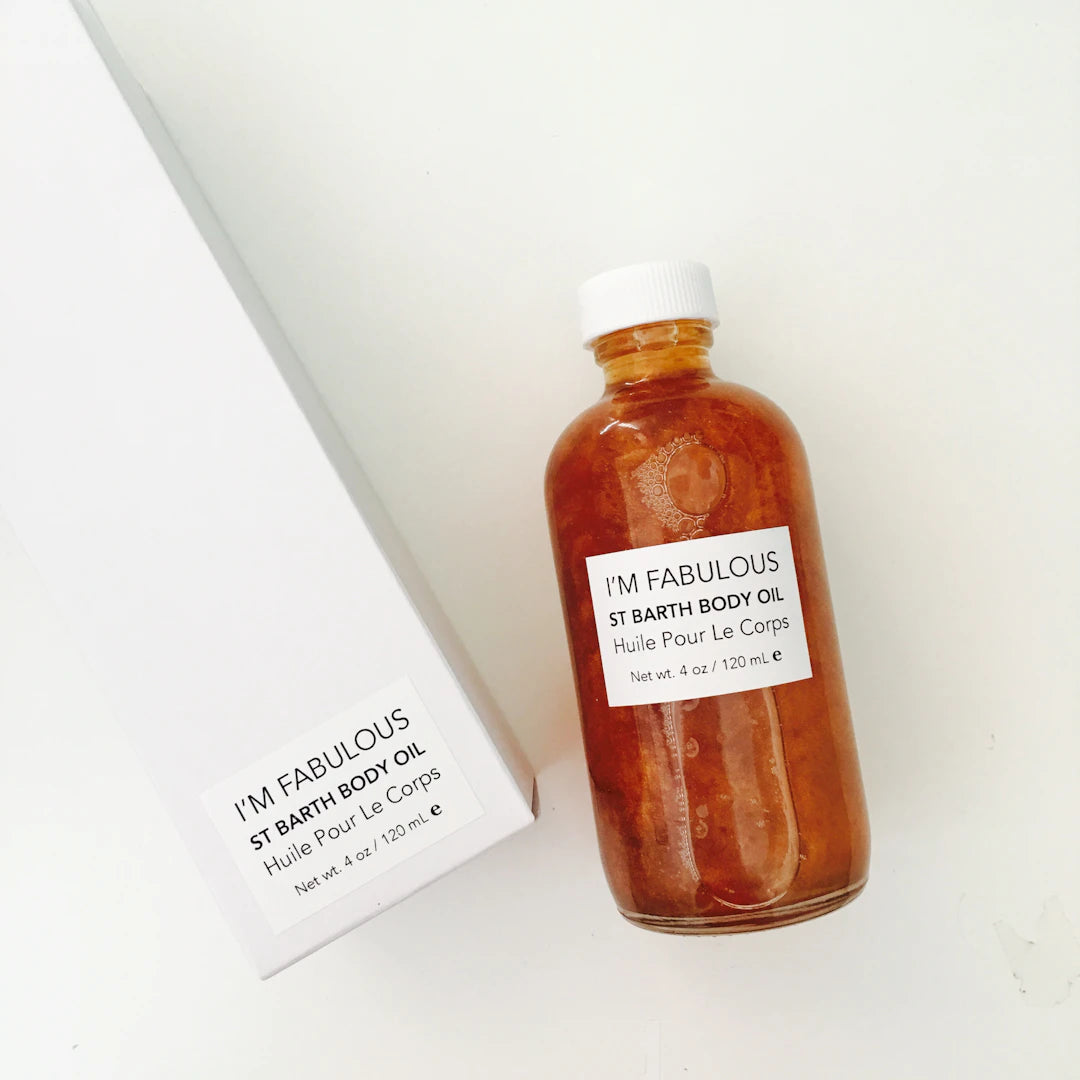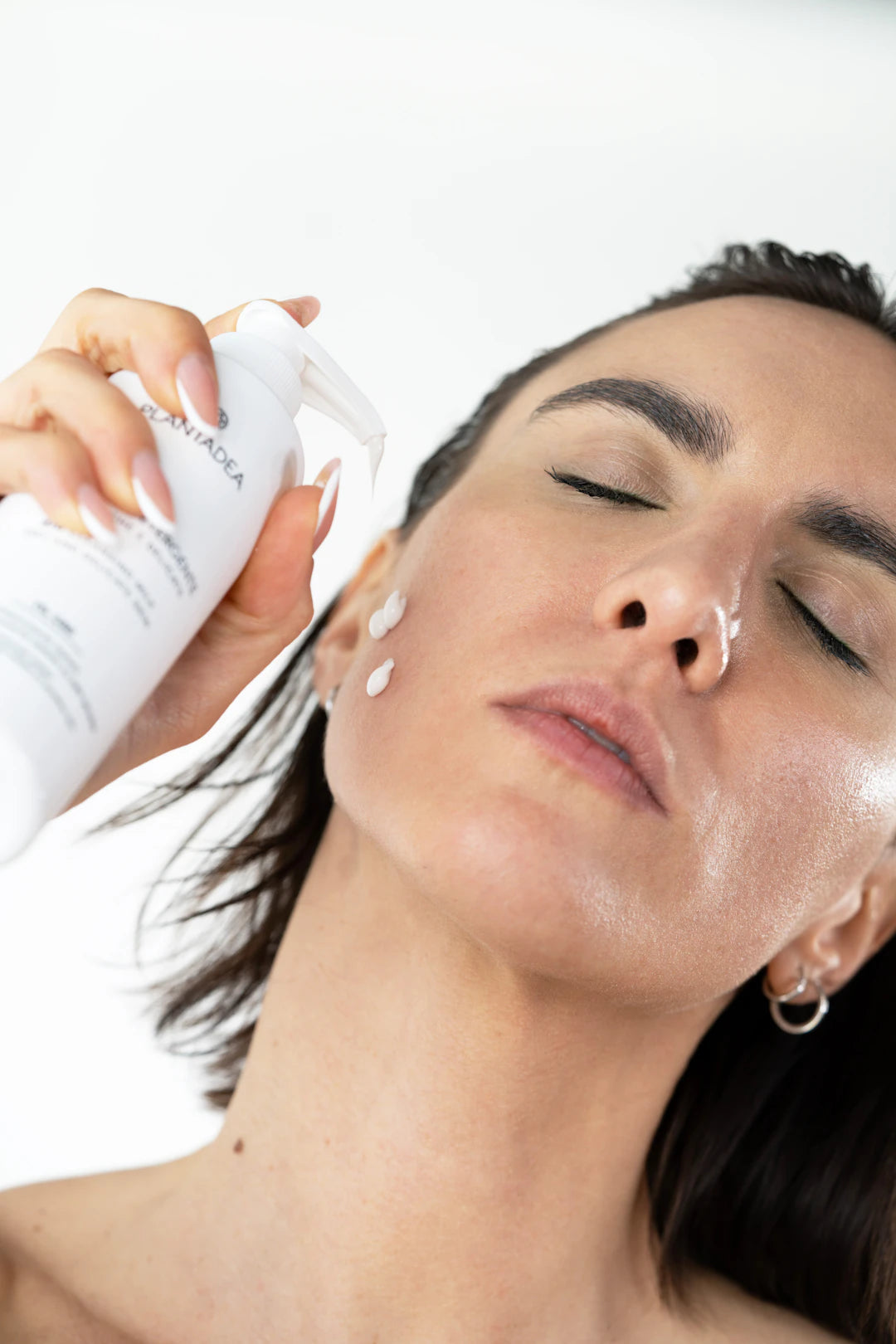The Fountain of Youth: The Importance of Hydration for Skin Health

When it comes to achieving radiant and youthful skin, hydration is the unsung hero in your skincare routine. It is often overlooked in favor of trending products, flashy ingredients, or complex regimens, but the benefits of proper hydration for skin health cannot be overstated. In this blog post, we will explore the fundamental reasons why keeping your skin hydrated is crucial, how hydration supports your overall skincare goals, and why it plays a pivotal role in regenerating skincare and antiaging methods.
The Science Behind Skin Hydration
First, let’s delve into why hydration is essential for skin health. Our skin is made up of multiple layers, with the outermost layer known as the stratum corneum. This layer is essential for protecting the deeper layers of skin and maintaining moisture levels. When you are well-hydrated, this barrier functions optimally, preventing moisture loss. However, when hydration levels drop, this protective barrier breaks down, making skin vulnerable to environmental aggressors.
Dehydrated Skin: A Common Problem
Dehydration can manifest in various ways, including:
- Dry patches or flakiness
- Increased sensitivity
- Fine lines and wrinkles
- Feeling of tightness
- Dull complexion
These symptoms not only affect the appearance of your skin but can also hinder the effectiveness of your regenerating skincare routine. In other words, if your skin is crying out for hydration, it won't respond well to the active ingredients designed to rejuvenate it.
Hydration and Its Impact on Skin Elasticity
Elasticity is one of the key features of healthy skin. It allows your skin to maintain its shape and bounce back after stretching or contracting. Hydration plays a direct role in this elasticity. When skin cells are hydrated, they swell slightly, which contributes to a firmer appearance. Conversely, when skin is deprived of moisture, cells shrink, leading to an overall sagging effect.
The Aging Process and Skin Dehydration
As we age, our skin naturally loses moisture due to environmental factors and changes in our body's ability to retain hydration. This is where the interconnection between hydration and antiaging becomes critical. By keeping our skin properly hydrated, we can combat symptoms that accompany aging such as:
- Loss of plumpness
- Formation of fine lines and deeper wrinkles
- Increased visibility of pores
- Uneven skin tone
Types of Hydration: Internal and External
Understanding the different types of hydration is essential for developing a comprehensive skincare strategy. While drinking water is crucial for overall body hydration, external hydration comes from lotions, creams, and other topical products. Both types work together synergistically to restore moisture levels in the skin.
Internal Hydration Strategies
Proper hydration starts from within. Follow these simple tips to ensure your body—and subsequently your skin—gets enough fluid:
- Drink Adequate Water: Aim for at least 8-10 cups of water daily.
- Eat Water-Rich Foods: Incorporate fruits and vegetables like watermelon, cucumbers, and oranges into your diet.
- Limit Dehydrating Beverages: Alcohol and caffeine can lead to dehydration, so try to minimize intake.
External Hydration Strategies
In addition to internal hydration, there are effective ways to nourish your skin externally:
- Invest in Moisturizers: Use creams and lotions that contain hydrating ingredients like hyaluronic acid and glycerin.
- Incorporate Humectants: These draw moisture from the air into the skin, enhancing hydration.
- Apply Products on Damp Skin: For optimal absorption, apply your skincare products right after cleansing while your skin is still damp.
The Role of Climate and Environment
Climate and environmental conditions can play a significant role in skin hydration. Cold air, windy conditions, and indoor heating can all cause moisture loss. In contrast, high humidity environments can assist in keeping skin hydrated. This is why adjusting your skincare routine according to the seasons or your locale is essential for maintaining optimal hydration.
Seasonal Skincare Adjustments
Consider adapting your skincare approach based on the seasons. Here are some tips:
- Winter: Switch to thicker creams and consider adding a hydrating serum.
- Summer: Look for lightweight gels or lotions and make sure to include sun protection.
- Fall/Spring: Maintain a balance with moderate moisturizers.
Skincare Ingredients That Boost Hydration
Many active ingredients can aid in skin hydration or help retain moisture. Here’s a brief overview of some of the most effective:
- Hyaluronic Acid: Known for its remarkable ability to hold up to 1,000 times its weight in water, making it a powerful humectant.
- Glycerin: A natural humectant, it helps to draw moisture from the air into the skin.
- Ceramides: Lipids that help to restore the skin’s barrier and lock in moisture, preventing dehydration.
- Aloe Vera: Provides soothing hydration while being lightweight and non-comedogenic.
DIY Hydration Boosters
If you prefer a more natural approach, consider creating your own hydrating masks. Here are a couple of ideas:
- Cucumber and Yogurt Mask: Blend cucumber with yogurt for a cooling, hydrating treatment.
- Honey and Avocado Mask: Mix these two ingredients for a luscious mask rich in moisture.
Hydration and Skin Health: The Takeaway
When it comes to maintaining healthy skin and achieving your goals in regenerating skincare and antiaging, hydration is paramount. Not only does it preserve skin elasticity, but it also protects against environmental stressors and minimizes signs of aging. By understanding how to hydrate both from within and externally, you can take significant steps towards healthier, more vibrant skin.
Elevate Your Skincare Ritual
As you embark on your journey towards optimal hydration, remember that consistency is key. Regularly adjust your routine to cater to your skin's changing needs and make hydration a non-negotiable aspect of your daily life. Your skin will thank you for it!


